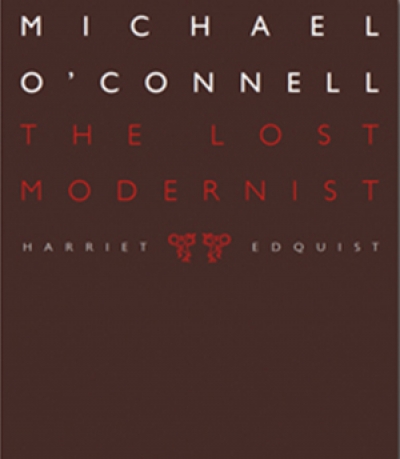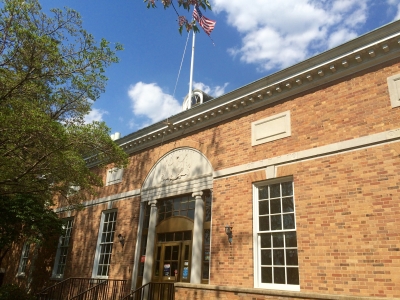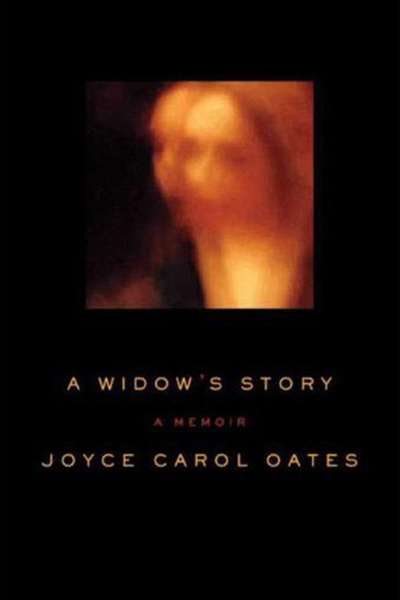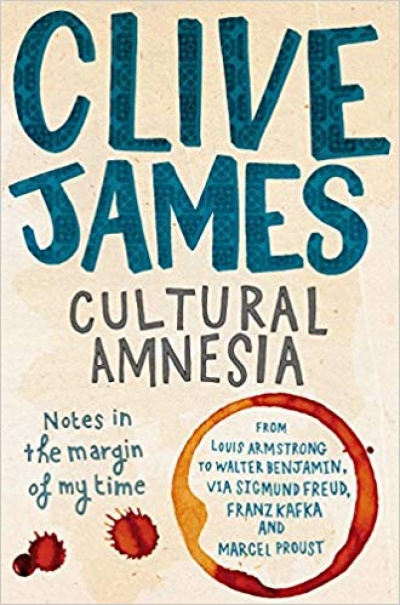Morag Fraser
November in America signals a time to gather in, take stock and breathe a little. The elections are done by the end of the first week. Thanksgiving beckons, the high holidays begin, media fever subsides – a little – and morphs into retrospective political analysis and projected anxiety about the future, especially, since 2008, the economic future.
... (read more)The Academy Award season is so given to hyperbole that it was a relief to read one critic not starry-eyed about Steven Spielberg’s Lincoln. Rex Reed, in the New York Observer, criticised the film for having ‘too much material, too little revelation and almost nothing of Spielberg’s reliable cinematic flair’. I don’t agree for a moment, but Reed’s comment is an interesting pointer to the prevailing expectations of twenty-first-century American cinema: keep it simple (or simply incoherent), deliver a message, and wrap it all up with lavish cinematography.
... (read more)Michael O’Connell: The Lost Modernist by Harriet Edquist
The Princeton Post Office, as befits this famed university town, has a certain grandeur. It is small – Princeton is a village after all – and modest in its proportions, but grand in aspiration. As you step through its panelled doors your gaze is drawn by the long parade of milk-glass and bronze lights towards the mural that adorns the far wall. Like the White House murals, it is lofty, but almost domestic in its depictions of American history, American hope, American mythology.
... (read more)Immediately after the mid-term elections in November, Barack Obama left for a long-planned G20 gathering in Seoul and for meetings with heads of government in the nation states of India, Indonesia, and Japan. Nothing remarkable, you think? Exactly what one expects a United States president to do? Not in America.
The right-wing blogosphere went berserk. Miche ...
Cultural Amnesia: Notes in the margin of my time by Clive James
Dark Victory by David Marr and Marian Wilkinson & Don’t Tell the Prime Minister by Patrick Weller
Primo Levi, in two interviews given almost twenty years ago*, set a standard of critical sympathy that is not only exemplary, but peculiarly apt to the fraught debate about the post-September 11 world and the USA’s place and reputation within it.
... (read more)





